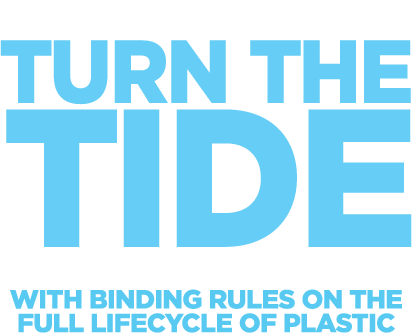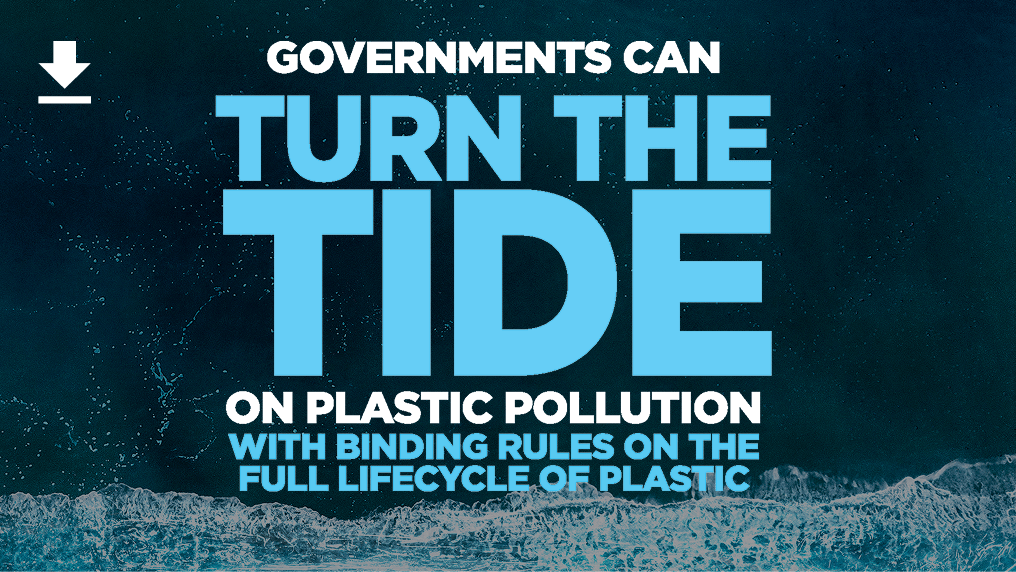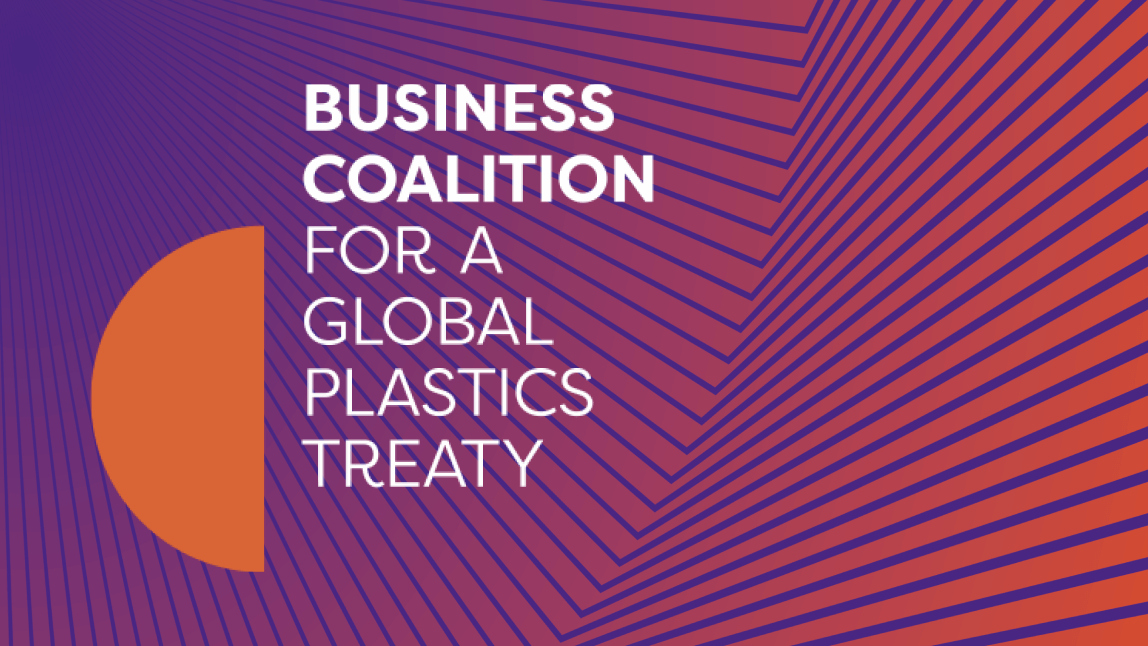A Global Plastics Treaty is our greatest opportunity to dramatically accelerate solutions that work, at scale, and move towards a circular economy for plastics.
This August, negotiations will resume for a UN Global Plastics Treaty. At the last round of negotiations in Busan, we saw unprecedented alignment between countries on key elements for an ambitious treaty.
“For over a decade, I've worked alongside a wide range of stakeholders – including businesses, governments, and NGOs – to tackle plastic pollution. Significant progress has been made, and we now know that solutions exist. The challenge is to bring them to scale; this UN treaty is our greatest opportunity to do so.”
– Rob Opsomer, Executive Lead for Plastics
A majority of countries have articulated support for an ambitious global treaty, with a set of strong core obligations across the full plastics lifecycle, plus mechanisms for implementation support. More than 290 businesses have joined the Business Coalition for A Global Plastics Treaty, calling for the same.
This treaty is a chance to show that the world can meet a global crisis with a global solution and generate economic opportunity worldwide. The building of support for global rules across the plastics lifecycle, from 2022��’s historic resolution to now, signals that we can unite to address the global challenges that affect us all.
Now it’s up to governments to deliver. We call on governments to turn the tide on plastic pollution; unite in ambition and agree to a treaty in Geneva that delivers strong positive social and economic impact.
A chance to redesign how we make and use plastics
This moment offers a real opportunity to redesign the system – and to design waste and pollution out. By addressing the full plastics lifecycle, we can design a circular economycircular economyA systems solution framework that tackles global challenges like climate change, biodiversity loss, waste, and pollution. It is based on three principles, driven by design: eliminate waste and pollution, circulate products and materials (at their highest value), and regenerate nature. for plastics that works for people, businesses and the planet.
Redesigning the system requires addressing all critical elements in parallel, with global coordination. To realise the economic and environmental benefits of a circular economy for plastics, we need to eliminate problematic products and chemicals of concern, while redesigning products and materials as well as the use and collection systems they enter into. Investing in circular solutions will build market resilience and benefit businesses, people, and the planet.
A treaty to dramatically accelerate solutions that work, at scale.
Even the largest voluntary business commitments top out around twenty percent of the market, but a treaty can create a harmonised approach for everyone. Global rules will enable scale and unlock coordinated investment for solutions we already know work. From expanding reusereuseThe repeated use of a product or component for its intended purpose without significant modification. models to improving systems and infrastructure and innovating away from flexible plastic packaging, a treaty with binding global rules will drive investment into impactful solutions with significant economic potential.
Support for implementation is critical. To be effectively implemented, the treaty must include financial support for countries that need it, mobilise public and private finance, and ensure a fair and inclusive transition for people impacted.
Governments must be united in ambition to agree to a treaty that can deliver economic, social and environmental impact. Businesses and people want it – governments can now deliver it.

Download
Join us in calling governments to turn the tide on plastic pollution









